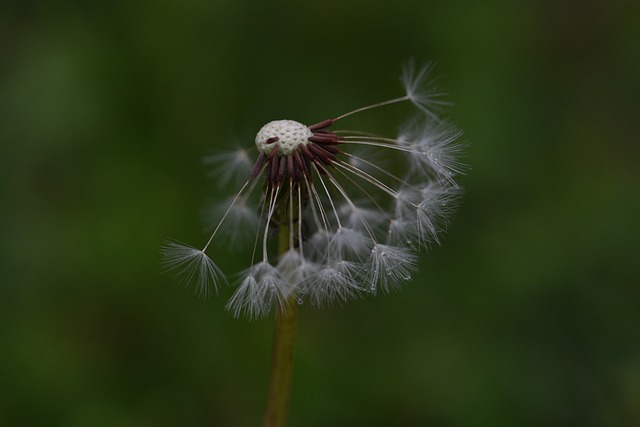The therapeutic potential of THCA flower, a non-psychoactive cannabinoid found in cannabis plants, has been highlighted by recent lab reports. These studies indicate that THCA may offer health benefits such as anti-inflammatory, analgesic, and neuroprotective effects without causing psychoactive effects typically associated with THC. The presence of a variety of cannabinoids, terpenes, and flavonoids in THCA flower is believed to enhance its efficacy through synergistic effects, known as the entourage effect. Research is ongoing, with findings suggesting that THCA could be beneficial for treating pain, inflammation, neurological disorders, and nausea associated with chemotherapy. THCA flower lab reports provide detailed analysis of cannabinoid compositions, allowing consumers to make informed choices based on their desired effects. Various consumption methods for THCA flowers, including inhalation, ingestion, and topical application, offer different onset times and durations of benefits. The legal landscape requires careful consideration, with third-party lab reports ensuring product purity, potency, and safety. As the market evolves, there is an increasing availability of these lab reports, reflecting a growing demand for transparency in cannabis products.
Exploring the therapeutic potential of THCA flower, a precursor to THC, this article delves into the science and benefits backed by lab reports. From its unique cannabinoid profile to its emerging applications in health and wellness, readers will gain insights into how THCA flower stands out in the world of cannabis products. We’ll navigate consumption methods, their effects, and the legal considerations necessary for accessing this promising compound. Join us as we unravel the benefits of THCA flower through a lens of research and data-driven evidence.
- Unveiling the Potential of THCA Flower: A Glimpse into Lab Reports
- The Science Behind THCA Flower: Understanding Its Compounds and Effects
- Therapeutic Applications of THCA Flower: Emerging Research Findings
- Cannabinoid Profiles in THCA Flower: What the Data Shows
- Consumption Methods and Their Impact on THCA Flower Benefits
- Legal Landscape and Accessibility of THCA Flower Lab-Tested Products
Unveiling the Potential of THCA Flower: A Glimpse into Lab Reports
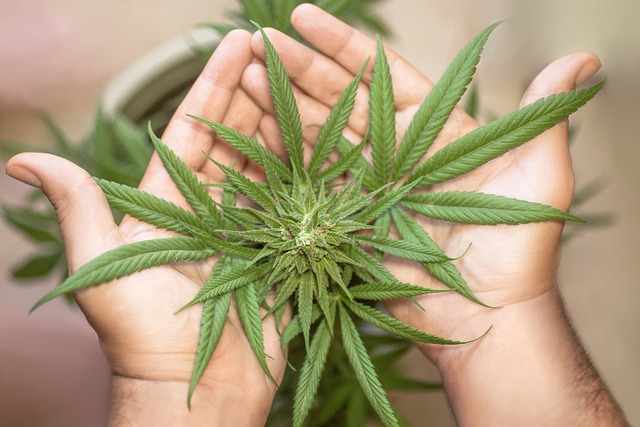
Lab reports have shed light on the therapeutic properties of THCA (Tetrahydrocannabinolic Acid), the raw cannabinoid found in hemp and marijuana plants. These scientific analyses reveal that THCA flower, which precedes THC (Tetrahydrocannabinol) upon heating, possesses a unique profile with potential health benefits. The reports indicate that THCA interacts with the body’s endocannabinoid system, suggesting it may offer anti-inflammatory, neuroprotective, and analgesic effects without the psychoactive impact of its decarboxylated form, THC. Researchers have noted that THCA flower contains a range of other cannabinoids, terpenes, and flavonoids, which may contribute to its synergistic effects. The data from these lab reports provide valuable insights into the potential applications and benefits of THCA flower, making it a subject of growing interest for those exploring alternative wellness solutions. As the body of research continues to expand, so too does the understanding of how this natural compound might be harnessed for its various advantages, as confirmed by the analytical findings in controlled laboratory environments.
The Science Behind THCA Flower: Understanding Its Compounds and Effects

Laboratory analyses have shed light on the complex pharmacological profile of THCA, or tetrahydrocannabinolic acid, a non-psychoactive precursor to THC found abundantly in cannabis flowers. These lab reports reveal that THCA interacts with the body’s endocannabinoid system through its affinity for various cannabinoid receptors, influencing a range of physiological processes without the psychoactive effects associated with its decarboxylated form, THC. Preclinical studies have indicated that THCA may offer neuroprotective and anti-inflammatory properties, suggesting potential therapeutic applications in managing pain, inflammation, and certain neurological conditions. The efficacy of THCA is not solely attributed to its direct interactions; it also synergizes with other cannabinoids and terpenes present in the cannabis plant, contributing to what is known as the ‘entourage effect.’ This holistic approach enhances the therapeutic potential of THCA flowers, making them a subject of growing interest for both researchers and consumers looking for alternative wellness solutions. The scientific community continues to explore the full spectrum of effects that THCA flower can have, with ongoing research aiming to uncover its true potential and the myriad benefits it may offer.
Therapeutic Applications of THCA Flower: Emerging Research Findings
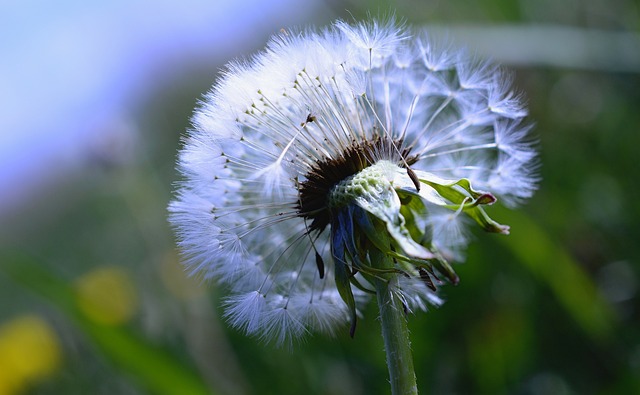
Recent laboratory studies have shed light on the therapeutic potential of THCA flower, which is the raw, non-psychoactive form of tetrahydrocannabinolic acid found in the Cannabis sativa plant. These lab reports indicate that THCA possesses a range of biological activities, including anti-inflammatory and analgesic effects, without the psychoactive properties associated with its decarboxylated form, THC. Researchers are examining how THCA interacts with the body’s endocannabinoid system, suggesting its role in managing conditions such as chronic pain and inflammation. The anti-emetic properties of THCA have also been a focus of study, with early findings pointing to its potential to alleviate nausea and vomiting associated with chemotherapy. Furthermore, the neuroprotective qualities are being explored, particularly in relation to neurological disorders. These emerging research findings underscore the need for further investigation into the therapeutic applications of THCA flower, potentially expanding the cannabinoid’s scope in healthcare. As such, the lab reports contribute valuable data to understanding how this cannabinoid may benefit various health conditions, providing a basis for future clinical studies and potential therapeutic interventions.
Cannabinoid Profiles in THCA Flower: What the Data Shows
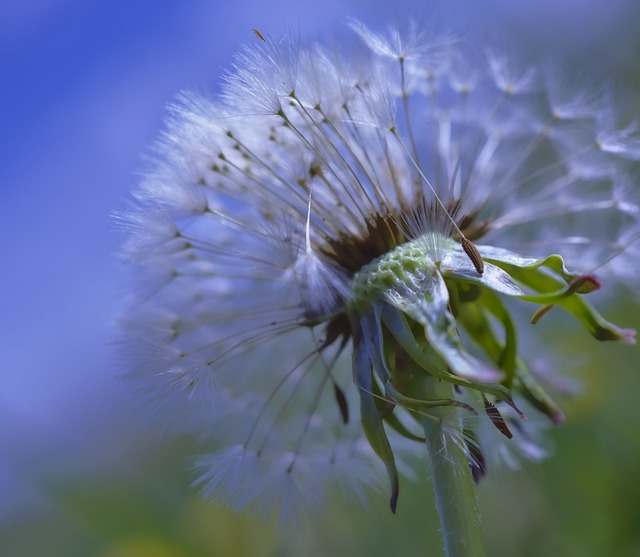
Laboratory analyses of THCA (tetrahydrocannabinolic acid) flowers have provided valuable insights into their cannabinoid profiles, a critical aspect for consumers and researchers alike. THCA is the raw form of THC (tetrahydrocannabinol), the primary psychoactive compound found in cannabis, and it’s non-psychoactive until heated or decarboxylated. Lab reports on THCA flowers typically include a detailed analysis of their cannabinoid content, which can vary significantly between different strains and batches. These reports often reveal a rich cannabinoid spectrum that includes not just THCA but also other significant cannabinoids like CBD (cannabidiol), CBG (cannabigerol), and various minor cannabinoids and terpenes. The presence of these compounds in specific ratios contributes to the unique effects and medicinal properties associated with different THCA flower strains. Consistently, lab reports highlight the precision in cannabinoid levels, offering users a reliable way to predict and tailor their experience according to the desired therapeutic or psychoactive effect. This data-driven approach ensures that consumers can make informed decisions based on the scientifically verified cannabinoid profiles presented in THCA flower lab reports.
Consumption Methods and Their Impact on THCA Flower Benefits

Lab reports on THCA (Tetrahydrocannabinolic Acid) flowers have shed light on the various consumption methods and their respective impacts on the perceived benefits of this cannabinoid-rich substance. THCA flowers, which are the raw, unprocessed form of cannabis that contains high levels of THCA as opposed to its decarboxylated form, THC, offer a range of potential health benefits, including pain relief and anti-inflammatory properties. These benefits can be influenced by how one consumes the THCA flower.
For instance, inhalation methods such as vaporizing or smoking provide almost immediate effects due to the direct delivery of THCA into the bloodstream through the lungs. This method is favored for its quick onset, allowing users to manage acute conditions like pain or nausea promptly. On the other hand, ingestion methods, including edibles and capsules, offer a prolonged effect as the THCA must first pass through the digestive system before entering the bloodstream, which can lead to a more sustained release of the cannabinoid into the body. This method is often used for conditions that require long-term management, such as chronic pain or anxiety. Additionally, topical applications of THCA flowers can offer localized relief for skin conditions or muscle soreness without the psychoactive effects typically associated with THC. The choice of consumption method thus plays a critical role in determining the efficacy and the onset of the benefits derived from THCA flowers, as supported by thorough lab reports and user experiences.
Legal Landscape and Accessibility of THCA Flower Lab-Tested Products
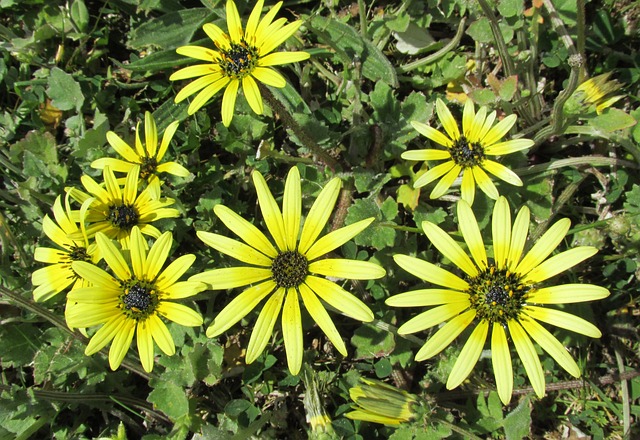
Navigating the legal landscape of THCA flower products requires a discerning approach, as regulations vary across regions and continue to evolve. Consumers seeking lab-tested THCA flower products can find assurance in the availability of third-party lab reports, which confirm the cannabinoid’s purity, potency, and safety. These reports are instrumental in verifying that the THCA flower meets industry standards for quality and consistency, providing peace of mind for those looking to incorporate this natural compound into their wellness routine. The accessibility of these lab-tested products has improved significantly with the growth of the market and the increasing recognition of the potential benefits associated with THCA. Users can often find these reports attached to product descriptions online or by directly requesting them from reputable vendors, ensuring that they make informed decisions about their purchases. As the demand for transparency in cannabis products grows, the availability of lab-tested THCA flower products is likely to expand further, offering a range of choices for consumers who prioritize quality and safety in their wellness journeys.
THCA flower has emerged as a subject of growing interest within the realm of therapeutic botanicals, with its potential benefits backed by scientific research and detailed lab reports. As we’ve explored in this article, the compounds within THCA flower exhibit promising effects that could benefit various health concerns. The data from lab-tested products underscores the importance of quality control and accurate cannabinoid profiles to ensure consumer safety and efficacy. With a comprehensive understanding of consumption methods and their impact on its benefits, users can make informed decisions about incorporating THCA flower into their wellness routines. As the legal landscape evolves, accessibility to these lab-tested products is increasing, paving the way for further exploration of THCA flower’s benefits.
